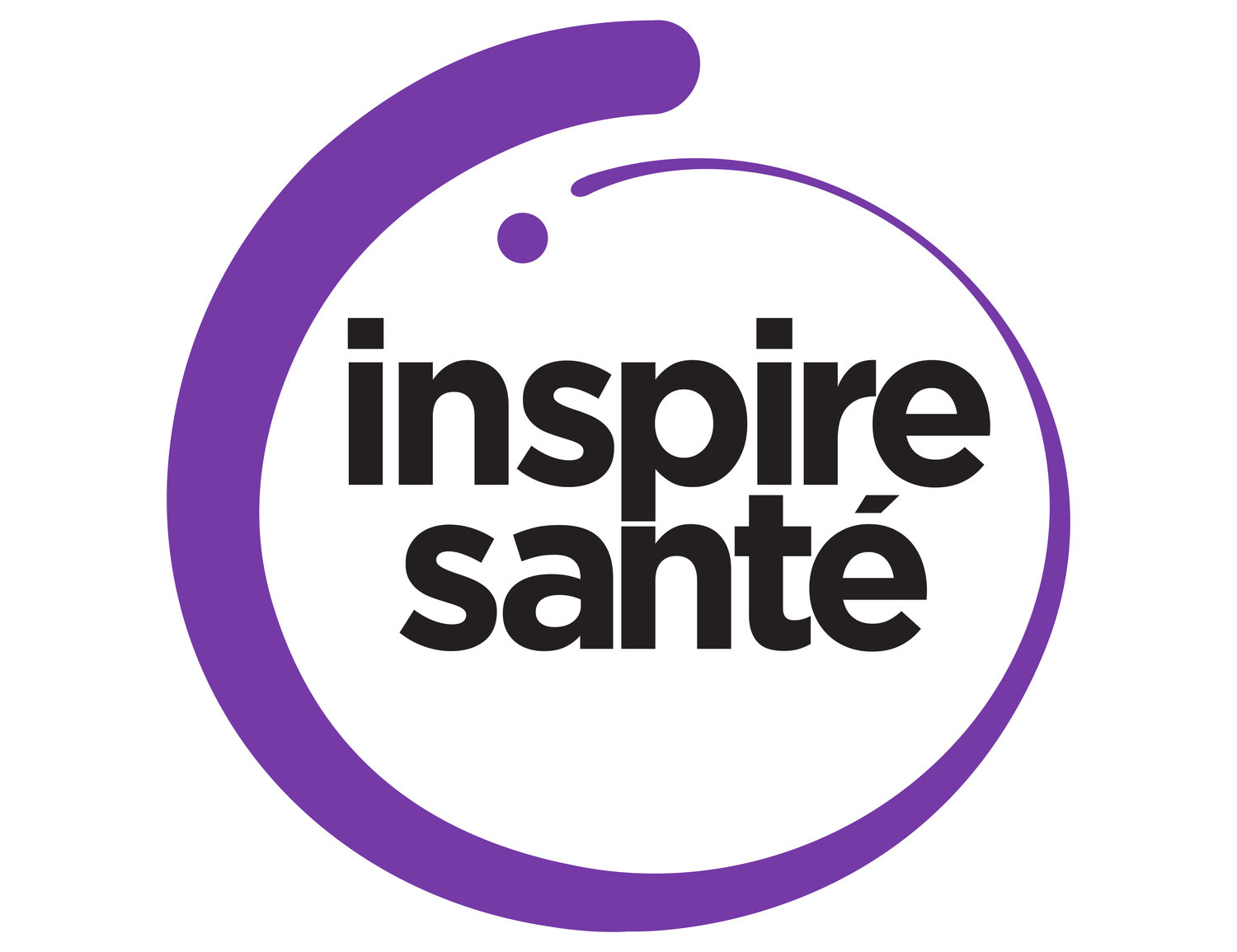Pelvic pain often inflicts a secondary trauma on its sufferers: the inability to start a family they’ve dreamt of. We think women deserve better.
Many women with pelvic pain rely on gestational carriers, or surrogates, to have biological children. For women who have already suffered potentially years with steep medical bills, ineffective or unsuccessful treatments, and time away from work, the idea of hiring an agency to help them locate a gestational carrier feels impossible. A surrogacy agency typically “matches” an intended parent(s) with a potential surrogate, collects the surrogate’s medical records, and helps with early appointment coordination. Many agencies also purport to offer support to the parties throughout the pregnancy. Here’s the thing: surrogacy agencies aren’t licensed in any state, and they’re not required to be run by licensed healthcare providers.
We believe it’s crucial to place your trust in those who have earned it. For women with pain, that means providers who have obtained their informed consent, have explained the potential benefits and consequences of treatment options, and have communicated in a respectful and comprehensive way. Unfortunately, we’ve found that these values are often absent in the relationship between surrogacy agencies and those families and women that they purport to help. We instead believe that:
Licensed family therapists or psychologists are best positioned to negotiate challenges and hard conversations between intended parents and surrogates — not a for-profit agency.
Licensed therapists or psychologists who focus on fertility challenges are best positioned to support individual parties going through a surrogacy journey — not a for-profit agency.
An escrow company specializing in third-party reproductive financial arrangements is best positioned to manage the financial aspects of the relationship — not a for-profit agency.
An in-home fertility nurse (where available) or a fertility medicine practice is best positioned to educate the surrogate and her partner about administering injections — not a for-profit agency.
A fertility medicine provider is best-positioned to explain medication processes and transfer after-care to the surrogate and her family — not a for-profit agency.
The surrogate, whose schedule is the one that will be most impacted, is best positioned to schedule her medical appointments. Having carried at least one successful pregnancy before this and having entered into a lengthy legal contract with the intended parents, she understands the importance of prenatal care and her promises to the intended parents.
The surrogate, who has made the extraordinary decision to become a surrogate, is perfectly qualified and best positioned to identify potential attorneys to represent her, interview them, and decide who she feels will best advocate for her interests.
Conflicts of interest between the agencies and others are rife in the industry, and while we can and do advocate for change in the industry, we’re still waiting for it to happen. Here’s where we come in:
We insist that the surrogacy relationships we support defer to appropriately licensed and geographically available professionals and services to help guide everyone through the hills and valleys of this relationship.
Medical decisions should be evidence-based and guided by medical providers.
The surrogate’s health is of primary importance, and we recognize this as one of our guiding values, given that many women are driven to rely on the help of surrogates because their own health is compromised. It jars us that some agencies help women who cannot otherwise become biological mothers do so at the expense of another woman’s health or wellness.
We respect women and their ability to make decisions about their bodies and the best interests of their children and families.
We do not charge an agency fee. We’re a non-profit, and we’re really not interested in making surrogacy more expensive or inaccessible. Instead, we support you by preparing a letter to your fertility doctor, preparing a candidate profile for your prospective gestational carrier (ensuring that she actually satisfies your clinic’s general criteria and ASRM guidelines), collecting her medical records, and organizing everything to send to your fertility doctor for review. If your doctor gives the surrogate initial medical clearance, we’ll help with next steps. We won’t make decisions for you, but we’ll help you understand what decisions need to be made and who you need to talk to (or hire). The day you get preliminary medical clearance isn’t, for example, the day to order expensive fertility meds from your pharmacy! First, you’ll need to enter into a detailed contract between the surrogate and intended parents, and you’ll need to be sure it truly reflects your understanding of the relationship. Once that’s done and you’re ready to get the ball rolling, your doctor may want to do a final medical clearance check-up and start monitoring your surrogate’s cycle. But we leave that part to your doctor to explain, and we’ll step back to cheer you along and connect you with resources, referrals, or a ready ear if you need one, knowing that our only goal is to provide support.
Our bottom line: intended mothers and surrogates deserve so much more than what’s available out there. Until we can effectuate the kind of global, systemic change that we think is needed in this field, this is our way of making a small difference. We know that the agency fee may mean the difference between affording IVF treatments (or not), or between affording more out-of-network care for your own pain (or not). We imagine a society that values women’s health enough to make us not need to choose between these things. Until then, we’ll keep doing what we’re able to inspire santé.
Questions? Email us at team@inspiresante.org. Our team’s growing but also in the trenches of parenting young children, so bear with us on response time. We can’t promise that we’ll be able to help, but if we can’t, we’ll help get you to someone who can.





